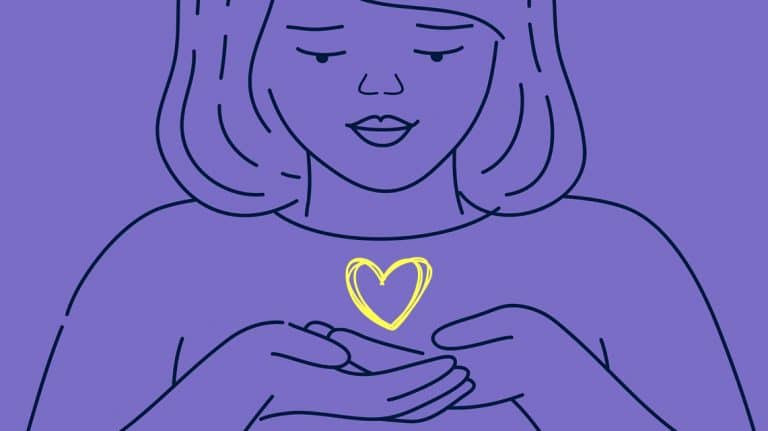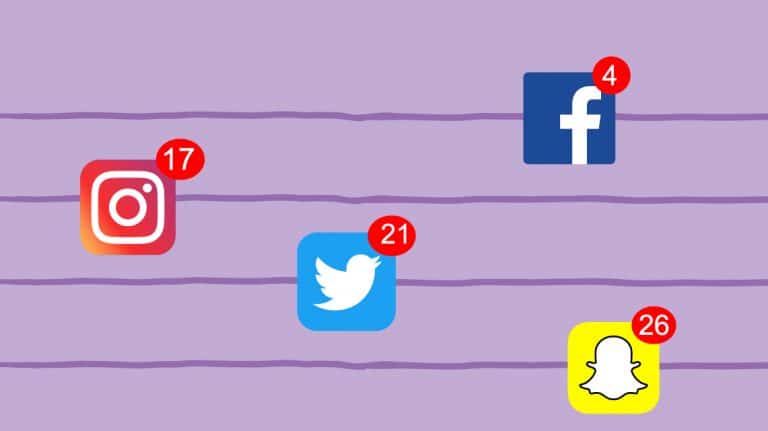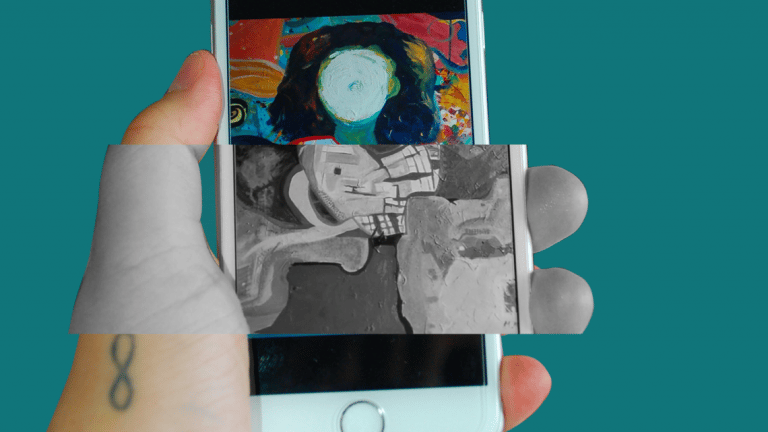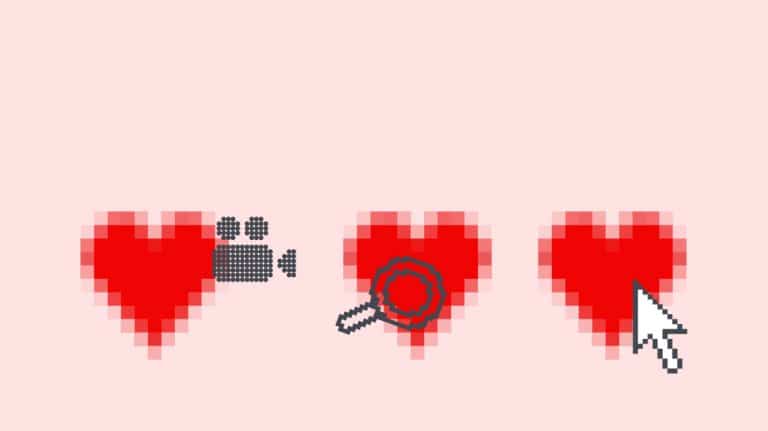Digital fingerprinting and IBSA
If you have experienced image based sexual abuse, you may also find that your content has been reshared on different platforms. Once you’ve flagged it, most of the major platforms use a technique called ‘digital fingerprinting’ to detect repeated uploads. We’ve put the following page together to help you understanding digital fingerprinting and what you…

If you have experienced image based sexual abuse, you may also find that your content has been reshared on different platforms. Once you’ve flagged it, most of the major platforms use a technique called ‘digital fingerprinting’ to detect repeated uploads. We’ve put the following page together to help you understanding digital fingerprinting and what you can do if this is happening to you.
What is image based abuse?
When people share others sexual or nude images without their permission, it’s called Image Based Sexual Abuse (IBSA) and some related terms are revenge porn or sextortion. The content can originally be taken during consensual sexual activity, unknowingly or stolen.
Netsafe’s research identifies that nearly five percent of adults have personally experienced this online and that it is more common among people aged under 30.
In some IBSA cases people will find found their images and videos have been reshared on different platforms, even after several years. Once it has been flagged most of the major platforms use technologies and techniques called ‘digital fingerprinting’ to detect repeat uploads.
What is digital fingerprinting?
Digtial fingerprinting is the process of creating identification for multimedia files (e.g. a video clip, an audio file, an image). Different algorithms and software are used to create these based on information in the file and they are stored in a database, which can be used to check future uploads.
Digital fingerprinting is commonly used by social media platforms and content creators to help detect copyright violations. Increasingly, platforms are also using this to mitigate the spread of harmful content e.g. child sexual abuse material, extremist content and image based sexual abuse.
How can I get help if it’s happened to me ?
If someone has shared an intimate image/video of you, report this to the police and contact Netsafe for advice. We can help you get the online content removed and explain the options available under the Harmful Digital Communications Act. Our service is free and confidential and we regularly deal with these types of reports. We normally don’t need copies of the image/video, but we may need you to supply URLs to the content. This is so we can explain to the platform the content we want removed.
If you want to contact the services directly hosting the content, the fingerprinting services will need access to your content in order to create the digital fingerprint. If you have copies of the content you can upload it to a private folder (e.g. Google Drive, DropBox) and share a link with the site. Once the digital fingerprint has been created, you can delete the folder.
What if the content has already been removed?
If someone has shared intimate content of you, even if they’ve taken it down, you can still report this to the Police and contact Netsafe. We can explain other options that may be available under the law.
What to do if you’re concerned your content may be reshared
If you are concerned that someone may share your intimate content it in the future, you may want to consider contacting the larger website hosts of adult content. Vobile provides digital fingerprinting. One of their clients is Mindgeek and they run some of the biggest porn websites in the world. Anyone can ask that their content be fingerprinted to avoid it being uploaded on MindGeek’s sites by emailing [email protected]. Many other smaller sites also offer fingerprinting so it’s worth asking if this is an option if you are contacting the site hosting your content.
More information
- The Tech-Facilitated Abuse section of Netsafe’s website has useful advice for anyone who is concerned about their relationship, has left a concerning relationship, and concerned family.
CONTACT NETSAFE
If you’re concerned about the immediate safety of you or someone else, please call 111. If you want help or expert incident advice, you can contact us. Our service is free, non-judgemental and available seven days a week.
- Email [email protected]
- Call toll free on 0508 NETSAFE (0508 638 723)
- Online report at netsafe.org.nz/report
- Text ‘Netsafe’ to 4282
KEEP UP TO DATE
Follow us on social media and sign up to our enewsletter for alerts, news and tips.






